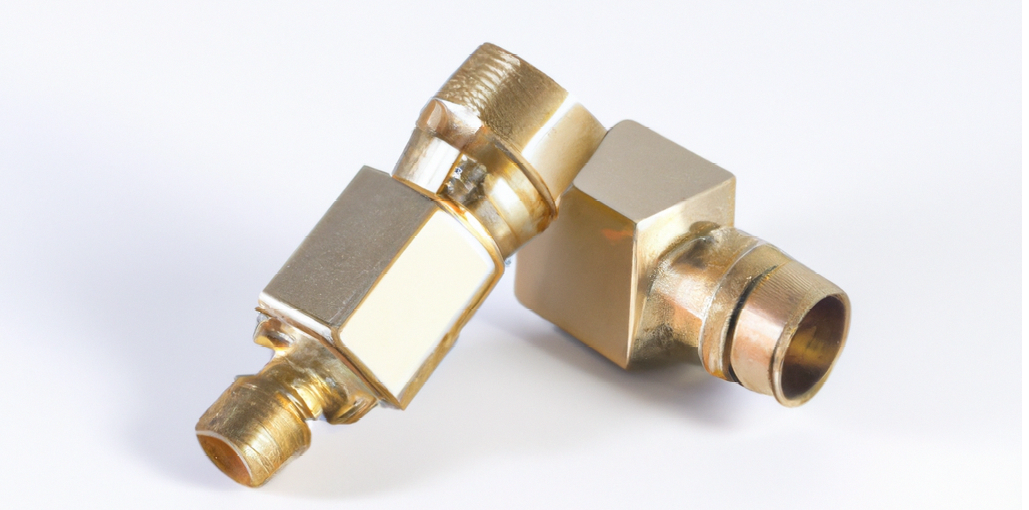RF connectors are an essential part of modern technology and are used in a wide variety of applications ranging from satellite communications to medical equipment. These connectors are critical for transmitting RF signals and ensuring they remain stable and secure. In this blog, we'll cover everything you need to know about RF connector outputs, from their fundamentals to their applications and benefits.
What is an RF Connector?
An RF connector is a type of cable used to transmit RF signals from one device to another. It is designed to ensure that the signal is always stable and safe during transmission. RF connectors come in many shapes and sizes, each with its own unique characteristics and applications.
RF connector output
The term RF connector output refers to the maximum amount of power that can be transferred through the connector without causing damage or interference. It is usually measured in watts or dBm and will vary depending on the type of connector and its specific application.
High Power RF Connectors are designed to handle greater power without causing damage or interference. They are commonly used in applications such as telecommunications, satellite communications, and military communications.
Low power RF connectors are designed for applications that require lower power, such as medical equipment and audio equipment. They are commonly used in consumer electronics such as smartphones and laptops.

Application of RF connector output
RF connector outputs have many different applications across a wide range of industries. Some of the most common applications include:
Telecommunications: RF connectors are used in telecommunications to transmit signals between cell towers, antennas, and other equipment.
Military: The military uses high power RF connectors in communications and surveillance equipment.
Medical equipment: Low-power RF connectors are used in equipment such as medical imaging equipment, heart monitors, and MRI machines.
Consumer Electronics: RF connectors are used in a variety of consumer devices such as cell phones, laptops, and televisions.
Benefits of RF Connector Output
Benefits of the RF connector output include:
Stable and safe signal: RF connectors are designed to ensure that the signal is always stable and safe during transmission, helping to prevent interference and signal loss.
Versatile Design: RF connectors come in many different shapes and sizes, making them highly versatile and suitable for a wide range of applications.
Cost-effective: RF connectors are relatively inexpensive and easy to install, making them a cost-effective solution for many industries.
in conclusion
RF connector outputs are an essential part of modern technology and are used in many different industries. By understanding the basics of RF connector output, you can choose the right connector for your specific application, ensuring your signal remains stable and secure at all times. Whether you work in telecommunications, medical devices, or consumer electronics, RF connectors are critical components for transmitting RF signals.
Post time: Apr-14-2023





